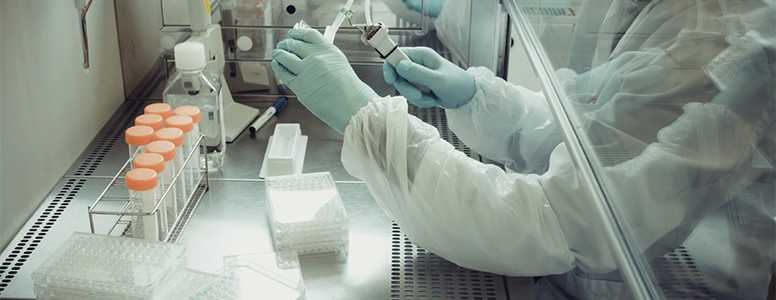“Mini-organs” derived from stomach cells successfully increased insulin production when transplanted in mice, according to new research.
The study, which was conducted by researchers at Harvard University, represents an interesting new avenue of treatment for diabetes.
How was the study conducted?
The researchers first genetically engineered a group of mice to express three of the genes that can convert cells into beta cells. By doing this, they hoped to identify the most potentially effective cells for producing insulin.
Of all the different parts of the body, cells taken from the stomach were the most promising.
“We looked all over, from the nose to the tail of the mouse,” said Qiao Zhou, of the Department of Stem Cell and Regenerative Biology at Harvard University in Bosto, Massachusetts, and senior author of the study. “We discovered, surprisingly, that some of the cells in the pylorus region of the stomach are most amenable to conversion to beta cells. This tissue appears to be the best starting material.”
When the cells were reprogrammed to act like beta cells (which produce insulin) the stomach cells produced the most insulin. To further test the effectiveness of these stomach cells, the researchers removed the beta cells from a group of mice, leaving them unable to produce insulin.
They then split these mice into two groups: the first group had their stomach cells reprogrammed to behave like beta cells, and the second group did not (this is called the control group). The mice in the control group died within eight weeks, but the first group lived with healthy levels of insulin and blood glucose for as long as six months.
This is not the only benefit to using stomach cells. Stem cells in this area are renewed on a regular basis. That means that even when the first set of reprogrammed cells died off, the stomach cells made them regenerate.
How are these findings relevant to humans?
Although the specific techniques used in this study would not work on humans – at least, not yet – the research is nevertheless very promising. It suggests that stomach cells could provide an effective new treatment option for diabetes, but a number of further studies will be needed.
The findings are published in Cell Stem Cell.
What's new on the forum? ⭐️
Get our free newsletters
Stay up to date with the latest news, research and breakthroughs.






